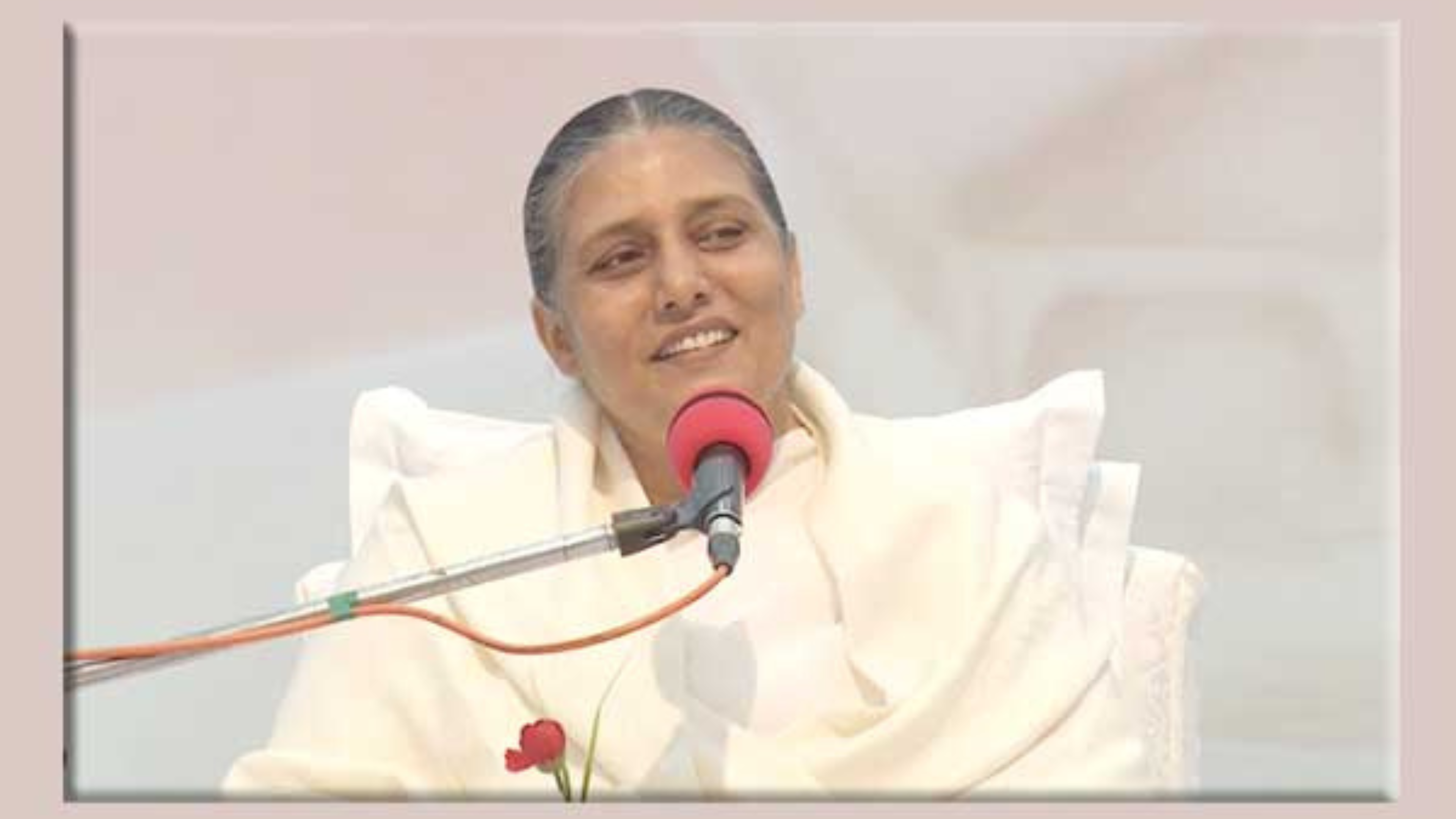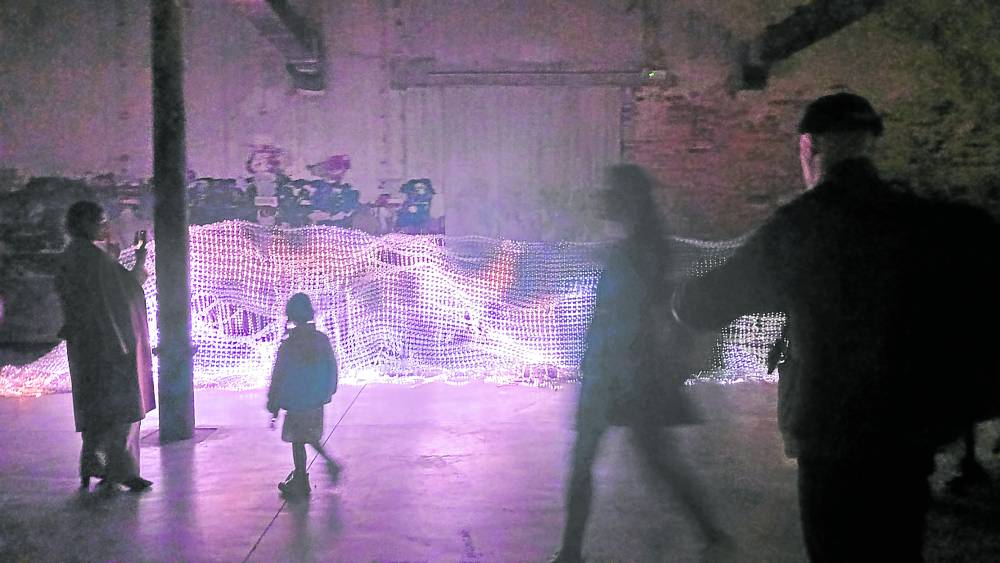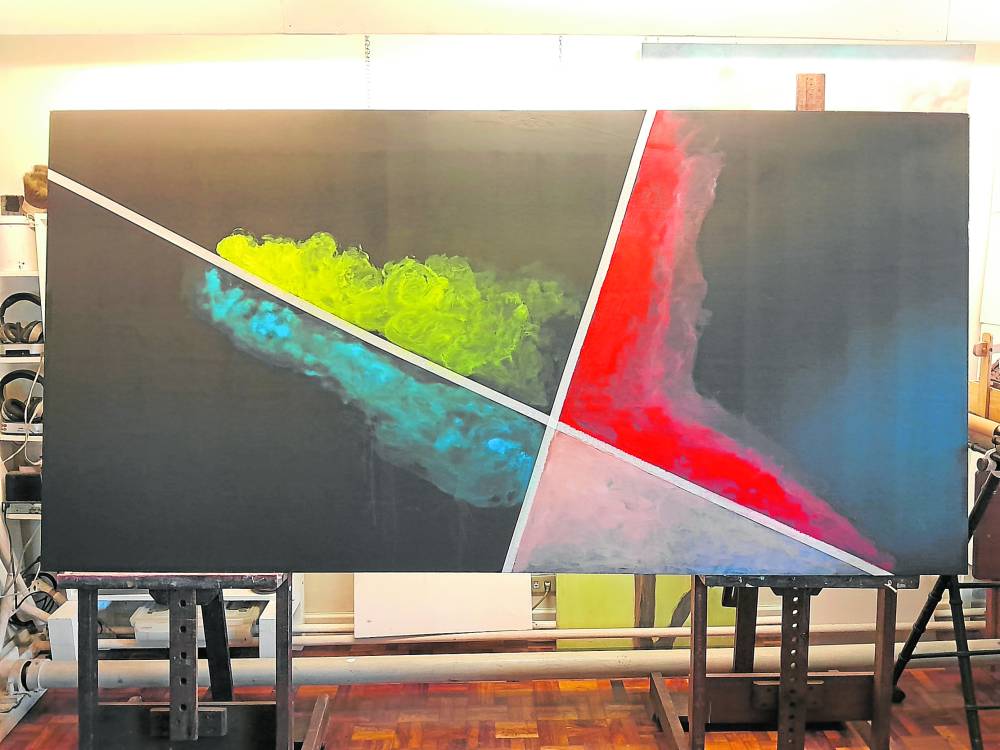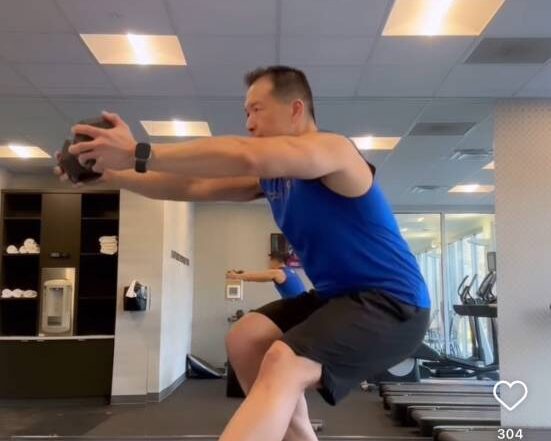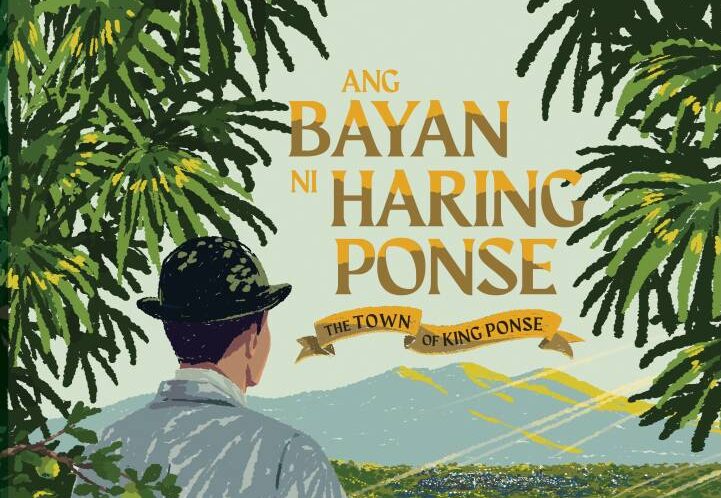“I knew you would come.”
Years ago, I shared the story of two friends who fought together in World War I under the British forces. The story originally came from C. F. Andrews, an early 20th century Anglican priest, educator, social reformer and close friend of Mahatma Gandhi.
“One of them was wounded and left lying helpless and in pain in no-man’s-land. The other, at peril of his life, crawled out to help his friend; and, when he reached him, the wounded man looked up and said simply: ‘I knew you would come.’”
Today’s readings, the fifth and final Sunday of Lent, are eloquent expressions of this faith we have in Christ.
The Raising of Lazarus is one of the most well-known Gospel stories, very often used at funeral and wake Masses. It is, however, more than a reflection on death, and is an inspiration to live a life of spiritual freedom rooted in a core reality of our faith.
The name Lazarus literally means “God is my help.” The name speaks of the essential character of our faith.
Through conversations with partners in my work with public schools, we saw the growing inequality between the few who have more in life and the many who have very little.
In several studies made the past few years, the youth in the peripheries of Philippine society, who represent 80 percent of their group, have a very clear sense of and value for their family. This is brought about by seeing how their parents suffer and struggle to provide for them.
A participant in one of the seminars I conducted shared that after doing an exercise on his most important blessing in life, he realized after a successful 30-year plus career that it all came back to family.
I noted the youth in the peripheries realized this at an early age. Perhaps they, in their “poverty,” realized very early in life its true riches. It is they who are the Lazaruses of our society.
This Sunday, we see this in Martha. When Lazarus falls ill, Martha and Mary send word to Christ, but as the narratives tell us, Christ does not come immediately. Lazarus dies.
When Christ arrives in Bethany, Martha goes out to meet him. She does not blame him, but is simply glad to see him in their moment of loss and grief. She says, “Lord, if you had been here my brother would not have died. But even now I know that whatever you ask of God, God will give you.”
In the experience of death, the most painful and alienating human experience, Martha goes to the core, the most essential, that even in death, “God is my help.”
It is in this core that Christ and Martha confront the most essential question of our faith: Do you believe in the Resurrection? It is in here that Martha makes her deepest confession of faith that she believes we will all rise again in the resurrection of the dead.
Christ then brings this faith deeper and gives us one of the early assurances to make us believe in him as our Lord and Savior—“I knew you would come.”
Christ declares, “I am the resurrection and the life; whoever believes in me, even if he dies, will live, and everyone who lives and believes in me will never die. Do you believe this?”
Then Martha, likewise, deepens her faith. “Yes, Lord. I have come to believe that you are the Christ, the Son of God, the one who is coming into the world.”
“God is my help.” “I knew you would come.” These are the deepest essential elements of our core as Christians and as human beings.
It is in poverty—material, yes, but leading to the poverty of spirit—that we attain spiritual freedom where we experience that “God is my help” and where we confess to God, to Christ, “I knew you would come.”
This is the poverty of mission, of obedience to God’s will for us. Christ, on the eve of fulfilling his missio radically confesses the same faith: “Not my will, but your will be done,” and thus he becomes a Lazarus, too.
In his final moments, he continues to struggle: “My God, my God, why have you forsaken me?” Then he makes the definitive confession of faith: “Into your hands I commend my spirit… It is finished.”
Christ offers everything, with great love. Perhaps he breathes his last and meeting his Father, he tells him, “I knew you would come.”











